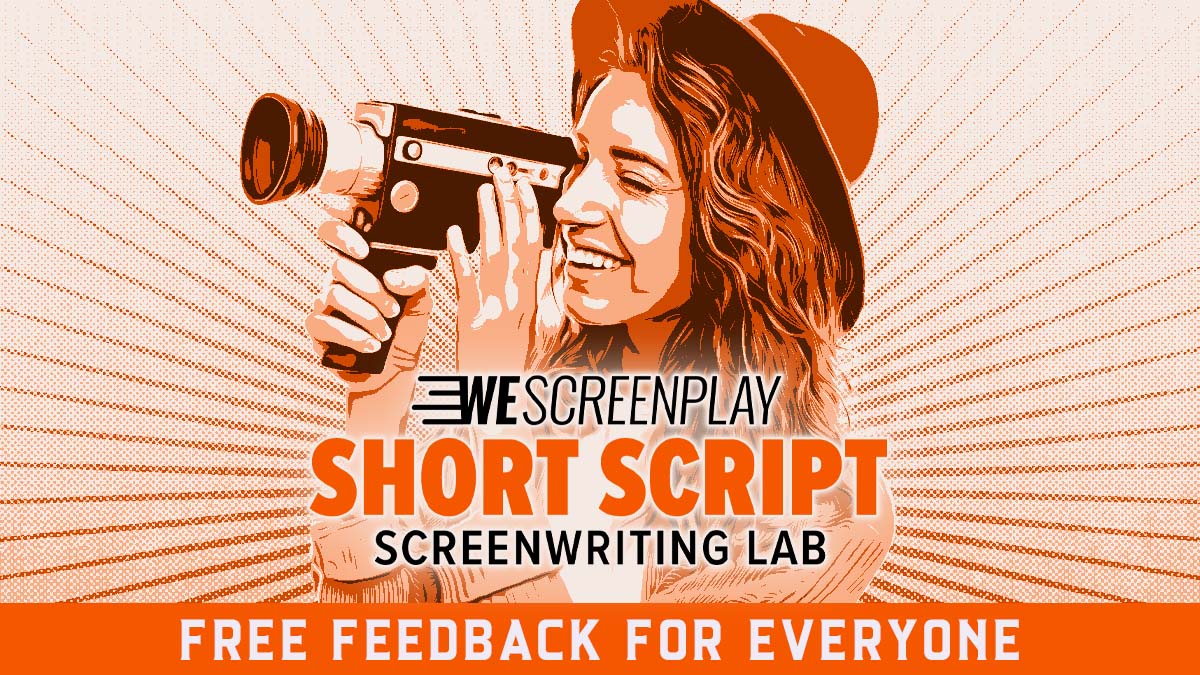Jon Levin is Fourward’s head of motion picture and television development and production divisions. Before that, had a long run (30+ years) as an agent at CAA, where he represented talent such as Andy Serkis, Neil Gaiman, and Mimi Leder, and packaged such films as SHREK, HOOK, MIDNIGHT RUN, ICE AGE, WHERE THE WILD THINGS ARE, THE LEFTOVERS, THE KARATE KID, LITTLE MISS SUNSHINE, AMERICAN GODS and many others. He has worked with some top industry talent such as Brad Pitt, Natalie Portman, Steven Spielberg, and Tom Hanks, and films he has been involved with have acquired over 100 Academy Award nominations and 25 Oscar wins.
Jon currently sits on the jury for our Feature Screenplay Competition.
He sat down with Sarah Eagen for WeScreenplay’s ongoing Cocktails & Conversations virtual events. The conversation touched on subjects like his love for films in early childhood, his perspective as a lawyer and agent, and making the move to producing and packaging. You can watch the entire talk here, or skip past it for some of the key takeaways from Jon for new and emerging screenwriters.
Table of Contents
Ask people about themselves
Jon Levin has worked with some very influential people in the industry over the course of his career. He reminisced about the days before cell phones and before Zoom, when meetings were done in person and on the way back you would either think about things and make a few phone calls from a car phone. In those days he learned something important:
“I learned a very important skill and that was to ask people about themselves. Where are you from? What did your dad do? What did your mom do? What was your favorite movie growing up? What are your dreams? I start a lot of new relationships asking people what their dreams are. What was the movie that lit your fire?”
Writers should have a personal narrative ready
And asking those questions made him think about what his personal narrative is and he recommends that writers also have a personal narrative ready to go:
“What’s the story of your life? Where are you from? What are you doing? Why are you writing? Who are your influences?”
Do some research before a meeting
Aside from knowing your personal pitch, Jon also recommended doing a little research before going into a meeting. A quick Google or Instagram search to know who the person is and what they are all about.
“Find a commonality. Anything that starts the dialogue.”
Read the paper
When Jon was describing his typical day, he said aside from his morning coffee, he reads The New York Times, but not necessarily for the news. “I don’t necessarily read it for the news, I read it for ideas.”
Story ideas can come from anywhere. Jon has found projects from being inspired by a story he read on the paper. Expand your search. You never know where it will take you.
Know how to pivot
With all the ups and downs of this industry, Jon stressed that longevity in this business is all about knowing how to pivot. “You have to learn how to pivot and not get discouraged.”
Finding representation
For writers looking for representation, Jon recommends creating relationships in the business. Most agents and managers will read something that if it comes recommended from someone they trust, either an attorney or another writer. He also signs a lot of writers from film schools and who have won competitions.
“If you’ve done well in competitions — Nicholl, Austin, Page, WeScreenplay — it’s an acknowledgement that you’ve gone through the gauntlet.”
Find what makes the story unique
Jon also recommended that writers ask themselves the following questions about their stories:
- “Why would anyone watch this?
- Why would anyone be moved by this story?
“If you don’t have the answer, find it.”
Jon ended the event on a very sweet and important note during these hard and isolating times:
“Pick up the phone and call someone you haven’t talked to in a while.”
If you want to get your script in front of top industry experts like Jon Levin, submit your screenplay to the WeScreenplay Feature Competition.


Julia Camara is an award-winning Brazilian screenwriter/filmmaker. Julia won a Telly Award for the sci-fi found footage feature Occupants. Julia’s feature directorial debut In Transit, won Best Experimental Film at four different festivals. Julia’s other writing credits include Area Q and Open Road.














